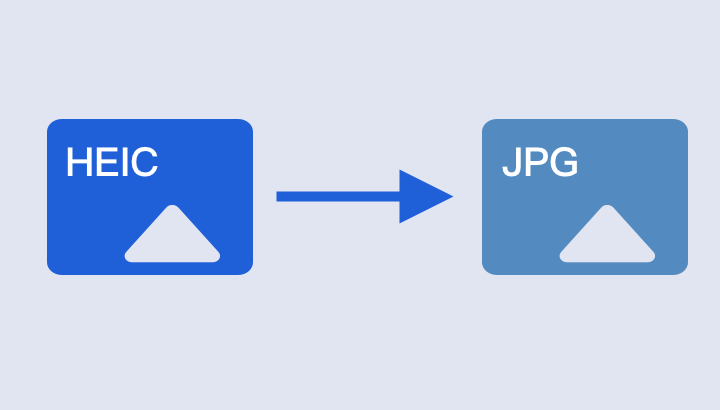When you engage in financial activities such as applying for a loan, credit card, or rental property, you’ll likely encounter the terms “hard inquiries” and “soft inquiries” on your credit report. While the disparity between them may seem trivial to consumers—after all, the companies handle the process—understanding their distinction is crucial: One can potentially influence your credit scores, while the other does not.
Soft Credit Inquiries Explained
A soft inquiry, often referred to as a “soft pull,” occurs when your credit report is reviewed without being linked to an application for new credit or a loan. Soft inquiries do not impact your credit scores. Examples of soft inquiries include:
- Checking your own credit report
- Employers verifying your credit for employment purposes
- Credit card companies exploring promotional offers
- Lenders extending pre-approved credit offers
Since soft inquiries don’t affect your scoring, there’s no need to fret over their accumulation on your credit reports over time.
Hard Credit Inquiries Unveiled
In contrast, a hard credit inquiry arises when a lender, credit card issuer, or financial entity reviews your credit report due to a formal application for new credit or a loan product. Instances of hard pulls include:
- Applying for a new credit card, mortgage, auto loan, student loan, etc.
- Seeking to rent an apartment or home
- Requesting a credit limit increase from an existing lender
Unlike soft inquiries, hard inquiries can potentially result in a slight, temporary decline in your credit scores, typically by around five points or less. However, this impact wanes over time as the inquiries age.
Navigating Hard Inquiry Impacts and Limits
While a single hard inquiry is unlikely to precipitate a significant credit score drop, it’s prudent to minimize them whenever feasible. Multiple applications for credit products within a short timeframe can lead to a buildup of several hard inquiries, significantly affecting your scores. Most credit scoring models consider inquiries from the past 12 months when computing your scores. Moreover, multiple inquiries for mortgages, auto loans, or student loans within a brief span (typically 14-45 days) may be amalgamated as a single inquiry to accommodate rate shopping.
In Summary
Soft inquiries do not influence credit scores, while hard inquiries can trigger a minor, temporary scoring dip. Before pursuing new credit, monitor your credit reports to track inquiries, and endeavor to limit unnecessary applications and credit checks whenever possible.






